With the collapse of the Soviet Union, the North Atlantic Treaty Organisation (NATO) has in fact become a victim of its own success, and with that the defence alliance underwent the most devastating thing that can happen in any organisation. By succeeding in solving the the problem it was entrusted with, it has undermined its own raison d'etre," security expert Robert C. Castel explained in response to a question from Magyar Nemzet.
While no one disputes NATO's historic importance, the alliance has lost much of its strength, prestige and relevance in recent decades. There are several reasons behind this. For one, the more peaceful stretch of this period has led the governments of member states to gradually downsize their militaries, in the belief that there is no need to develop and produce weapons on a mass scale, but only just enough to meet the minimum requirements. To be precise, even that was not being met by member countries. The principle that at least two percent of a country's GDP should be spent on defence is binding on all in NATO.
One of the basic principles of the policy is that the hierarchy of values can be ascertained by viewing the budgets disbursed for the implementation of the values. A value that is allotted two percent carries an importance of exactly two percent in the political markets. It is completely irrelevant what politicians and commentators say about existential threats and values. Two percent is exactly two percent,
the security policy expert told us. As far as military force development is concerned, Castel said three different levels need to be examined: first, what public opinion says, because if voters don't support it, it doesn't matter what a government wants. Secondly, it must be taken into account that communication and action on the part of decision-makers are two separate issues;
In today's world, many people believe that communication is reality itself. To them, I recommend trying to stop a tank or shoot down a ballistic missile with a combative and uncompromising tweet. On the part of the decision-makers, their action manifests in whether the weapons plant receives a ten-year order.
Thirdly, it is also important to look at which countries have the infrastructure capabilities. "Where raw materials and energy are available and the necessary industrial facilities are established, then the process of rearmament can be relatively rapid. Where this is still not or is no longer the case, rearmament will take much longer. To illustrate with an example: it is easier to convert a bus factory into a combat vehicles manufacturing plant than it is a Netflix studio or the offices of a brokerage firm. The same is true for demographics. A nation with only one child in every family will be blessed with a very low inclination to fight. By contrast, nations with a family model with many children will have a much more positive situation," he explained, responding to the long rearmament period in many member states.
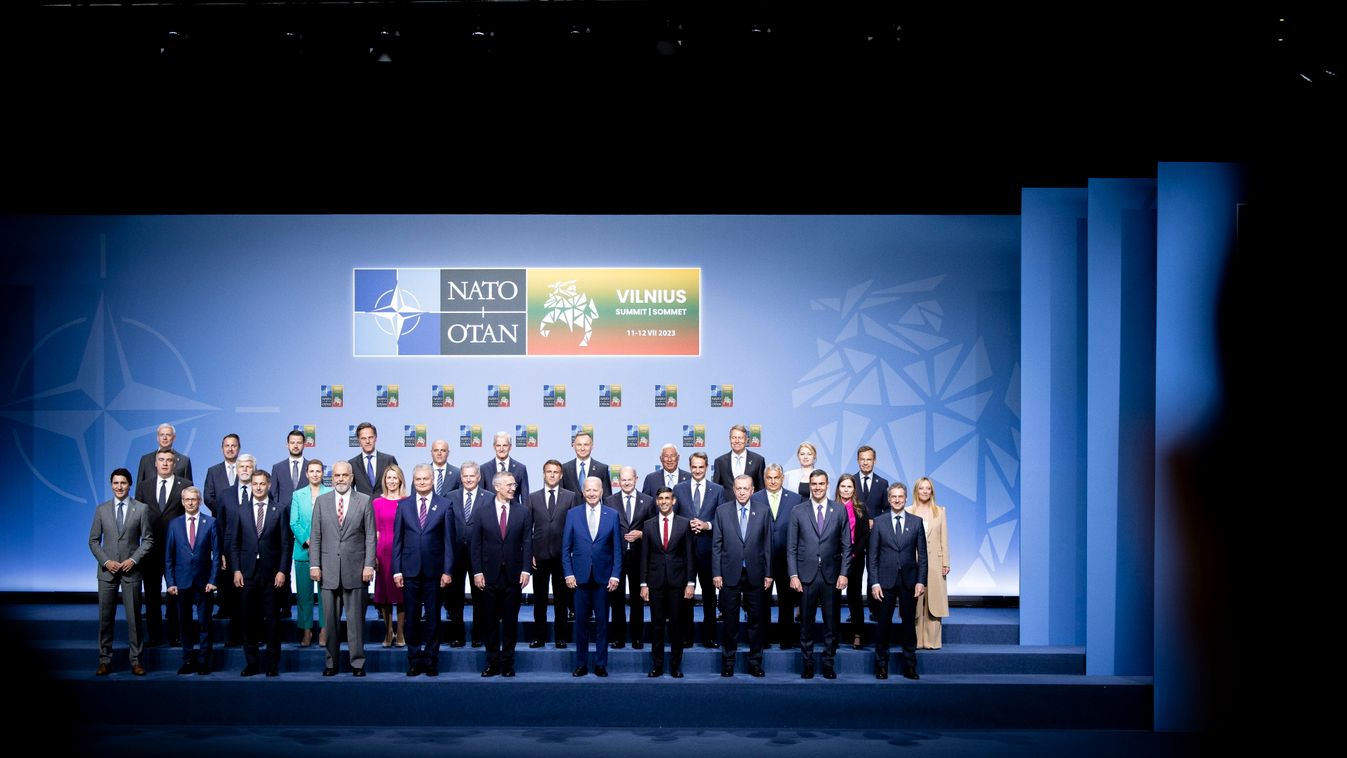
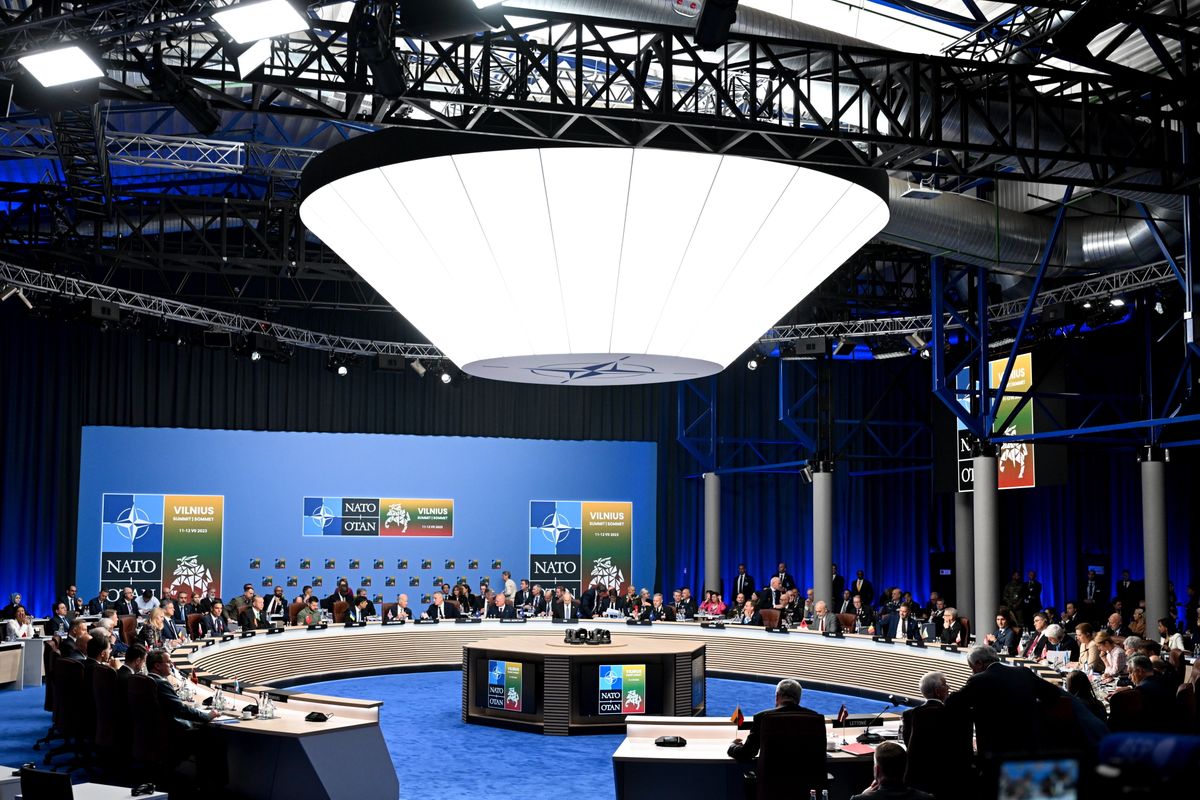
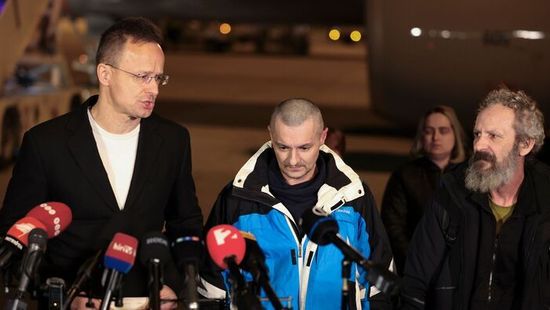

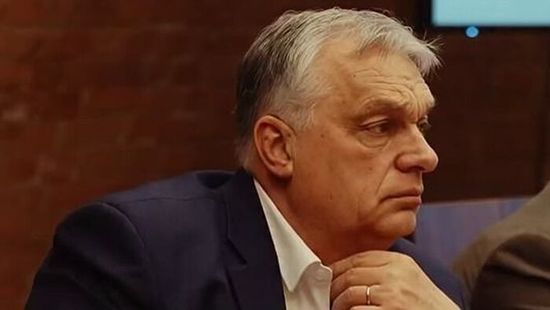
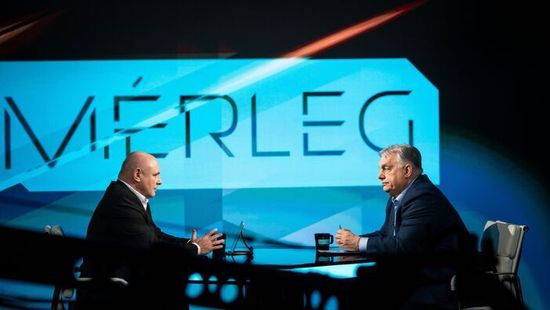

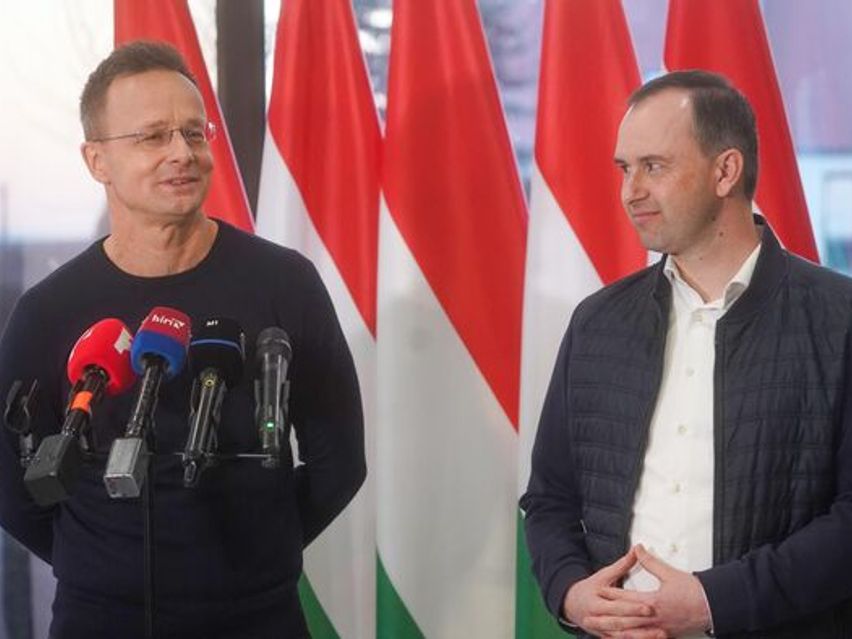
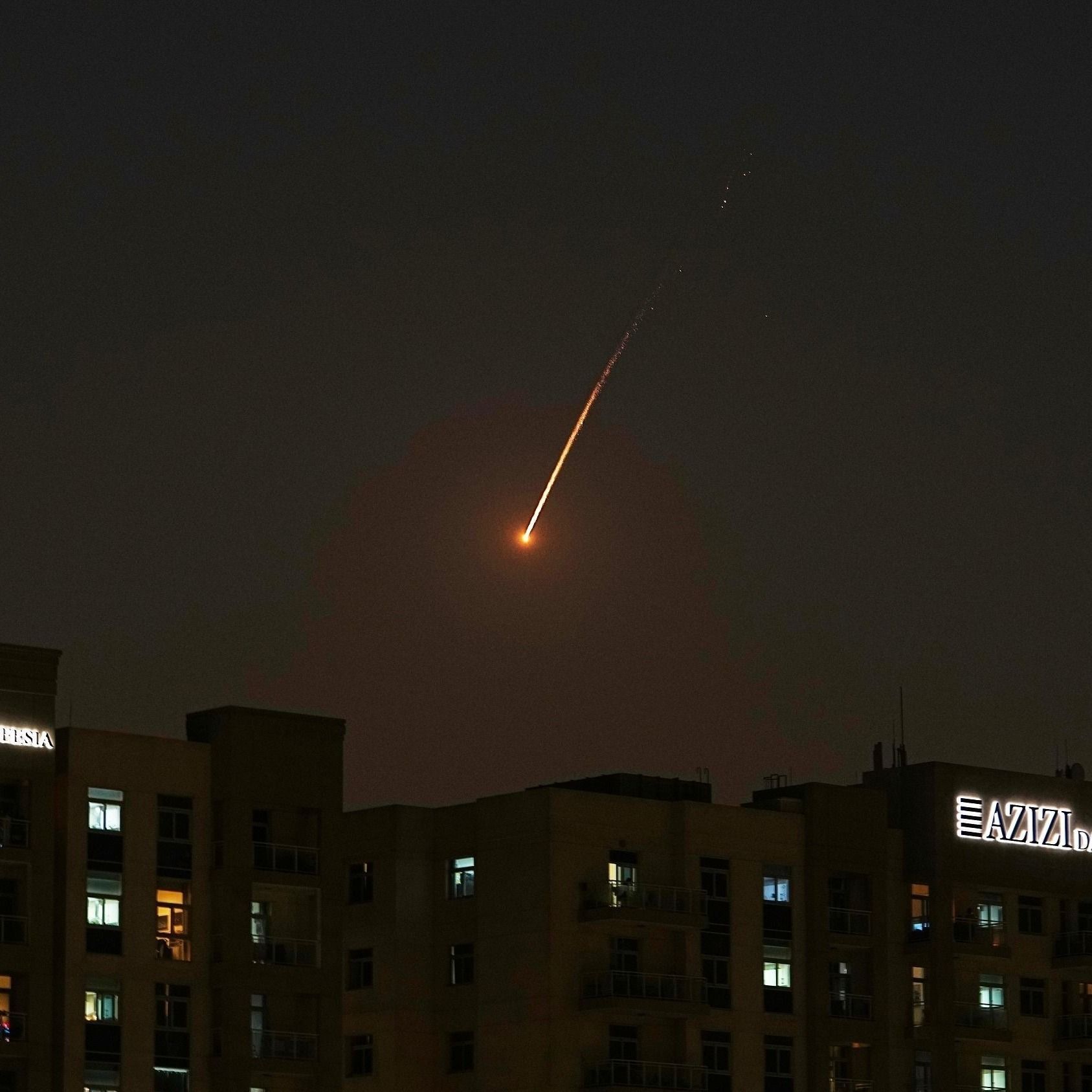
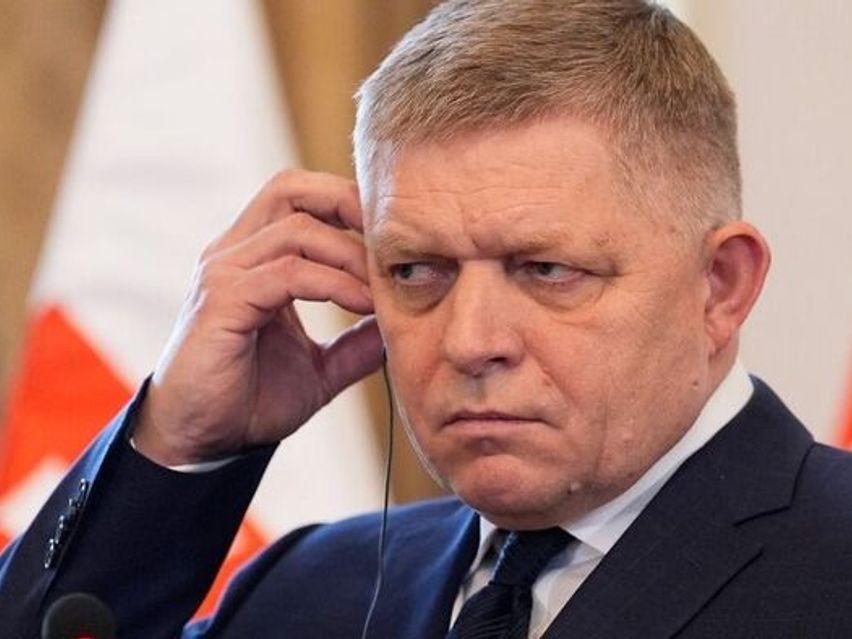
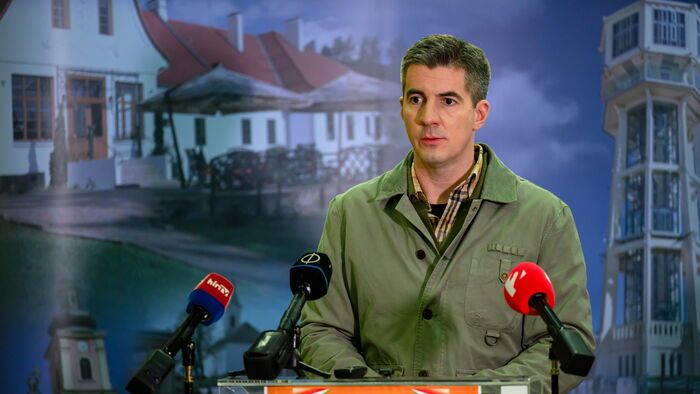

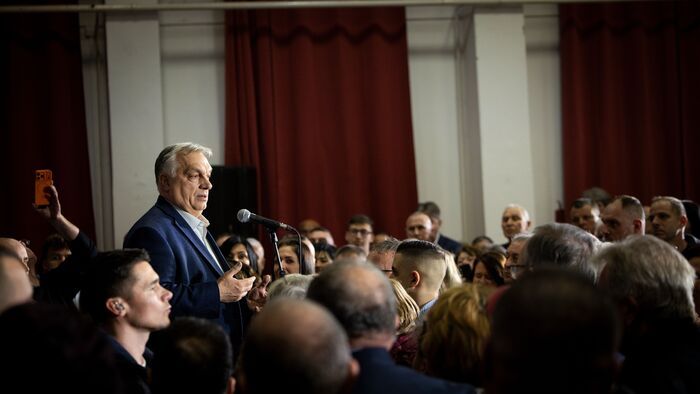
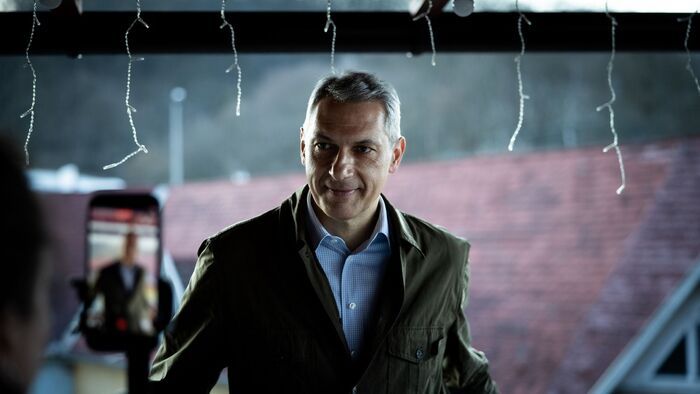
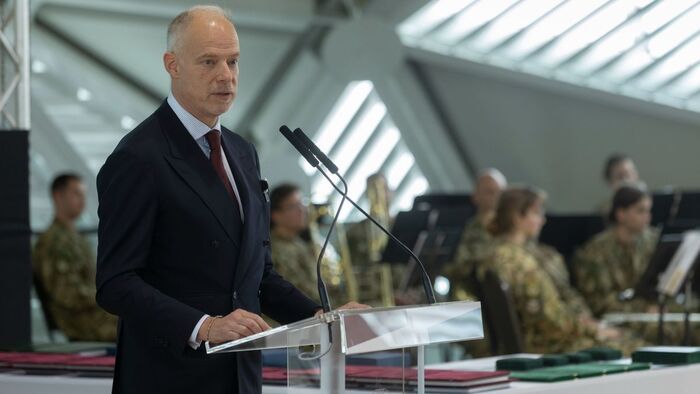
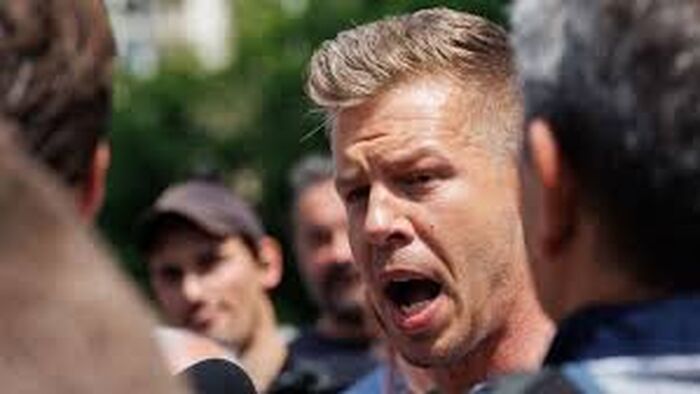

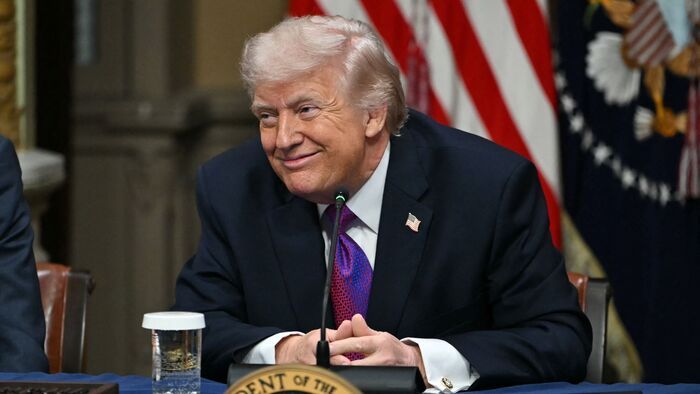
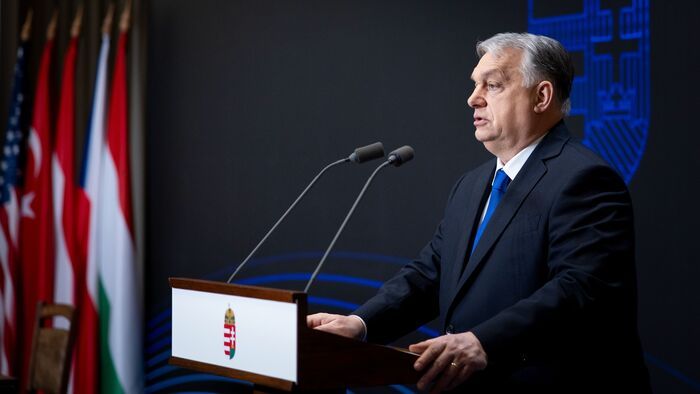



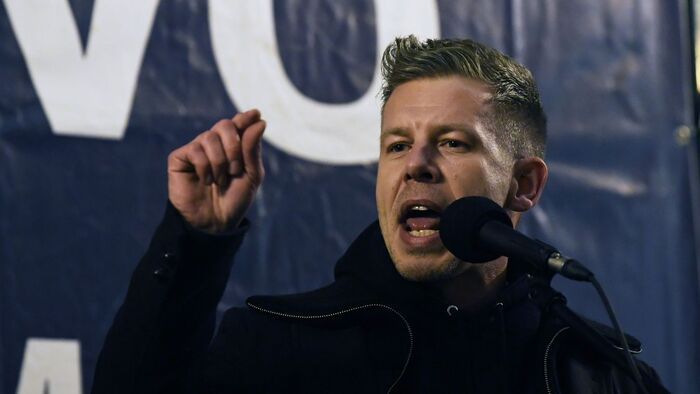

Szóljon hozzá!
Jelenleg csak a hozzászólások egy kis részét látja. Hozzászóláshoz és a további kommentek megtekintéséhez lépjen be, vagy regisztráljon!